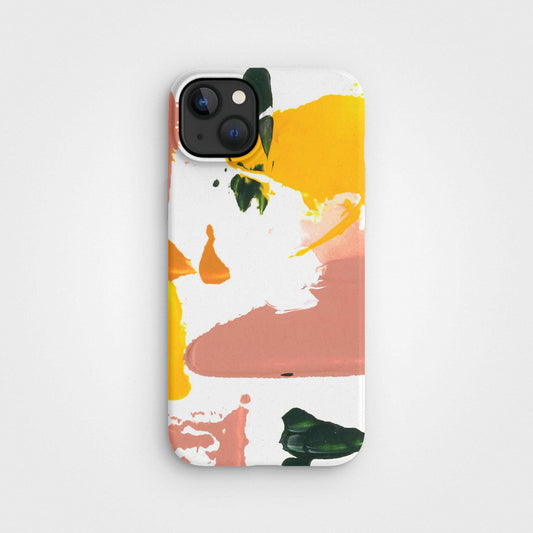What exactly is journaling?
Journaling is a cheap and effective method of self-reflection and care that’s been practised for hundreds of years. The idea behind it is that you take some time out of your day, call it a ritual, to write in your journal.
What you choose to capture in your journal is entirely up to you. Some go free-flow, some use prompts, but ultimately what you write depends on what you want to get out of it.
How can journaling benefit you?
The people mentioned above no doubt had a million ideas fighting for attention in their brains and kept journals to help process it all. But you don’t have to be wrestling with the fundamental properties of the universe to benefit from journaling. Life moves at a quicker pace these days, and keeping a journal has been found to have both mental and physical benefits.
Relieve stress and deal with trauma
One of the reasons people begin journaling is to help them deal with the stresses and traumas that life can throw at you. Taking the time to acknowledge and label emotions and traumatic events is part of the healing process implemented by mental health professionals, and journaling can help with this. The upshot is being able to better deal with the stress and anxiety caused by these events. As a result, you’re likely to feel more relaxed and better equipped to socialise.

Improve memory & inspire creativity
Others use journaling as a place to capture ideas, organise their lives and keep track of their goals, what Tim Ferris refers to as the ‘deloading phase’. It’s been found that writing helps to organise the mind, with the added benefit of improving your memory and cognition. By unburdening the brain, it allows it to think more clearly, spot patterns and unleash creativity.
Better sleep and overall health
As a result of reduced stressed and better mental health is that your physical health will improve too. It’s been found that journaling can help improve sleep and immune function, and even help physical wounds heal quicker.
How to journal

Let you guide you
As mentioned earlier, everyone’s different and there’s no right or wrong way to journal. What is mentioned frequently in the literature, however, is to just start at it and let you be your own guide. Some say to write 3 pages every morning, some just a few sentences. Some say every day, some say that can be too much. Most people say to take your journal with you everywhere, as Einstein and the other greats did.
Expert tips
Dr James Pennebaker, an expert on journaling, recommends to forget about spelling and grammar, write like nobody’s ever going to read it, and write by hand for better memory retention.
Inspiration
If you require some inspiration, some useful books to get started with are “The Artist’s Way” by Julia Cameron and Hal Elrod’s “The Miracle Morning”.
Our journal range
Our A5 journal and bullet journal, made from stone paper and handbound in vegan-friendly leather by a master bookbinder, are specifically designed tools you’ll love using on a regular basis. Stone paper is grainless and silky-smooth write. It is also waterproof, tear-resistant and wrinkle-free, making it a great companion for wherever your travels take you.
Happy journaling!
Looking for other ways to improve health and wellbeing? Check out our piece on the Healing Powers of Nature.

Further reading / inspiration
The Bullet Journal Method: Track the Past, Order the Present, Design the Future by Ryder Carroll
Virginia Woolf: The Complete Works
Bridget Jones's Diary: A Novel by Helen Fielding





























